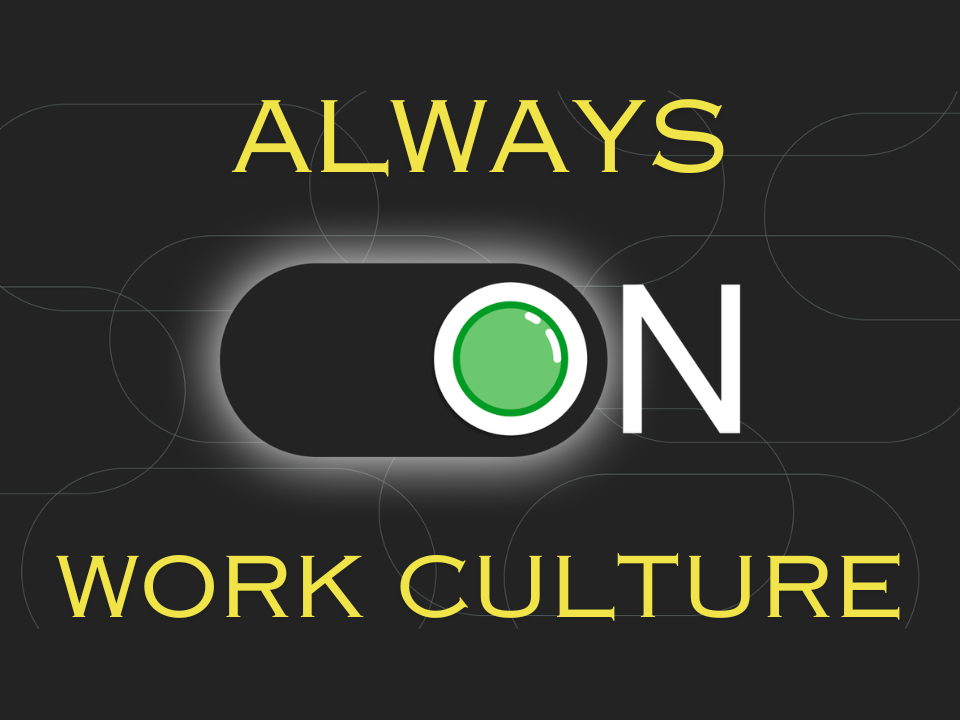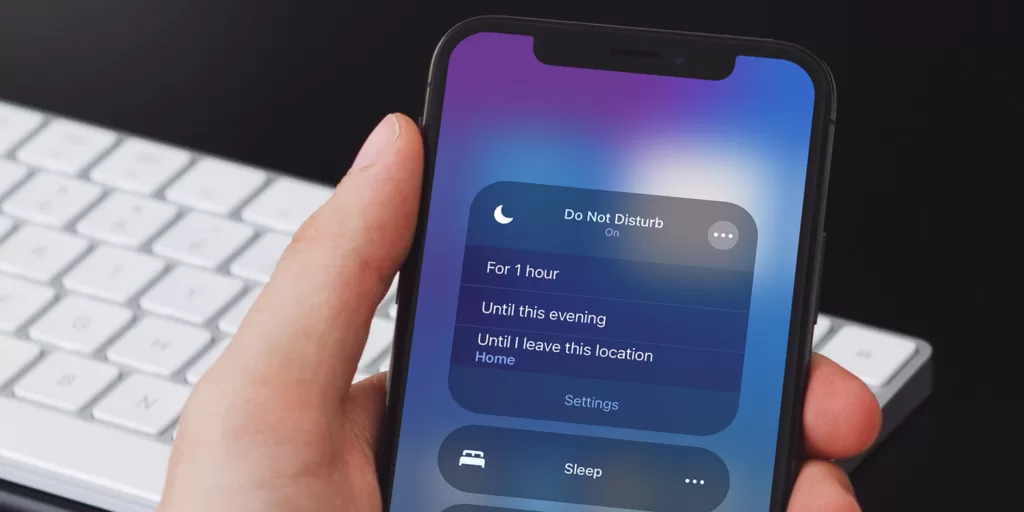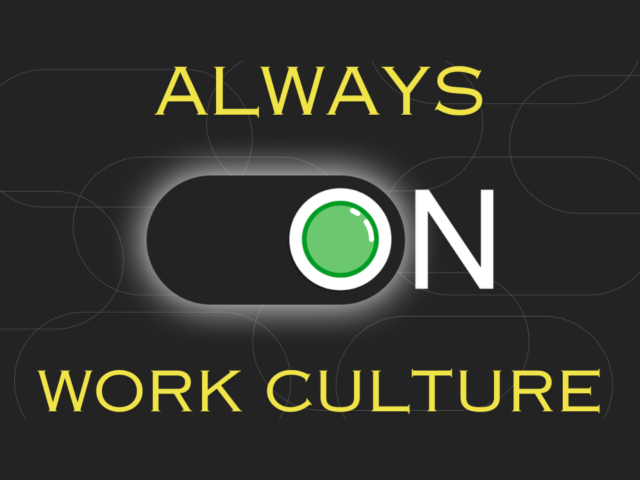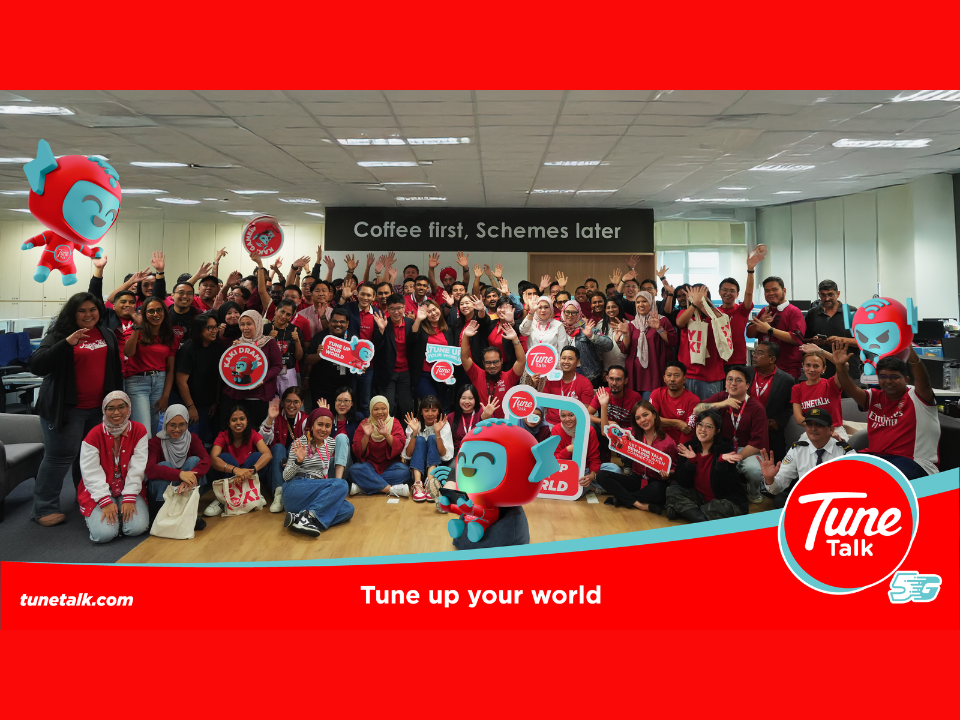
What’s up with you and your inability to detach yourself from work when the clock hits 6pm? If it makes you feel better, you are not the only one having a difficult time getting off work even though the working hour has finished.
Sometimes, you don’t even want to do it, but you just do not have the heart to ignore the work texts from your manager. What a tough time to live in. This is what makes it important to learn the ways to turn off your always-on work culture.
Ways To Disconnect From Work After Office Hour
You do not need a knock in your head to understand that you need to incorporate work-life balance in your life. Here are strategies to help you switch off your always-on work culture to avoid burn-out.
1. Define Working Hours

Image via Teamly
One minute you are working on your laptop, the next minute you look up, and everyone has gone home. That is a sign that you have overworked yourself. Therefore, it is important to make it clear to yourself about your own working hours.
Say that your schedule is like this:
9am-1pm: Work
1pm-2pm: Lunch
2pm-6pm: Work
By the time the clock hits 5:50pm, you can tone down on your work and plan what you are going to do tomorrow to make up for the work you did not manage to finish today. Even better if you can switch off work notifications too so that you can go home at 6pm without having to worry about just-in-work.
2. Make Use Of The ‘DND’ Feature

Image via TapSmart
Now that we are talking about switching off our notifications, do you know that you can set a time when you can receive notifications and when you can’t? There is this feature called ‘Do Not Disturb’ in your phone, iOS and Android, both have this feature.
You can set a time where your phone only receives notification at a designated time (accepts messages until 5:50pm, for instance). With this, you can get going at 6pm with a clear mind. You are done for the day and will get back to the office tomorrow with the brand-new you.
3. Normalize Asynchronous Communication

Image via Remote Work Prep
Asynchronous communication is any form of communication in which one party delivers information, followed by a pause while the recipients process it and respond.
In other words, you don’t instantly respond to those messages. Maybe read them, and think of what to respond based on what you have planned to do before the text arrived. If you already have plans in mind, you can ignore the text for a while before responding. Especially when you are already out of the office, just continue walking straight home. You will catch up tomorrow.
4. View Relaxation As Investment

Image via Freepik
This one might make you cringe. As much as you think it is not possible, you need to know that you have to go easy with yourself. Like a muscle, your brain wasn’t built to operate at its best all the time. It needs time to recover so that it can develop stronger, just like the rest of your body.
This notion is frequently rejected by high achievers because it seems sluggish and passive. Here’s a little suggestion to address this issue: Replace the word “rest” with “recovery”. Recovery connotes the idea of not wasting time as you are doing your body a favor to perform better later. And rest just gives off the vibe of laziness, right? Say recover instead of telling yourself you need to rest. It will lessen your guilt of taking your well-deserved break after work.
5. Practice The ‘Not My Problem’ Mindset

Image via Developer Experience Knowledge Base
This is not a sign for you to make ‘cocky’ your personality, but sometimes, you need to ‘Not My Problem’ your way through life. On a regular workday, a lot of things can happen. All of these anxiety-inducing situations make it more difficult to switch off from work. However, know that the majority of those events are only noise. Your long-term objectives won’t be affected. Consider saying, “Not My Problem,” and if the matter is not urgent, move on.
It’s a positive indicator when you find it difficult to switch off from your always-on work culture. It demonstrates commitment. However, you are not your work. Work is just a part of you and you should not let it define your worth. The other pillars for living a full life include family, relationships, mental fortitude, spiritual wellness, and physical health. Allow yourself to focus on those too.










